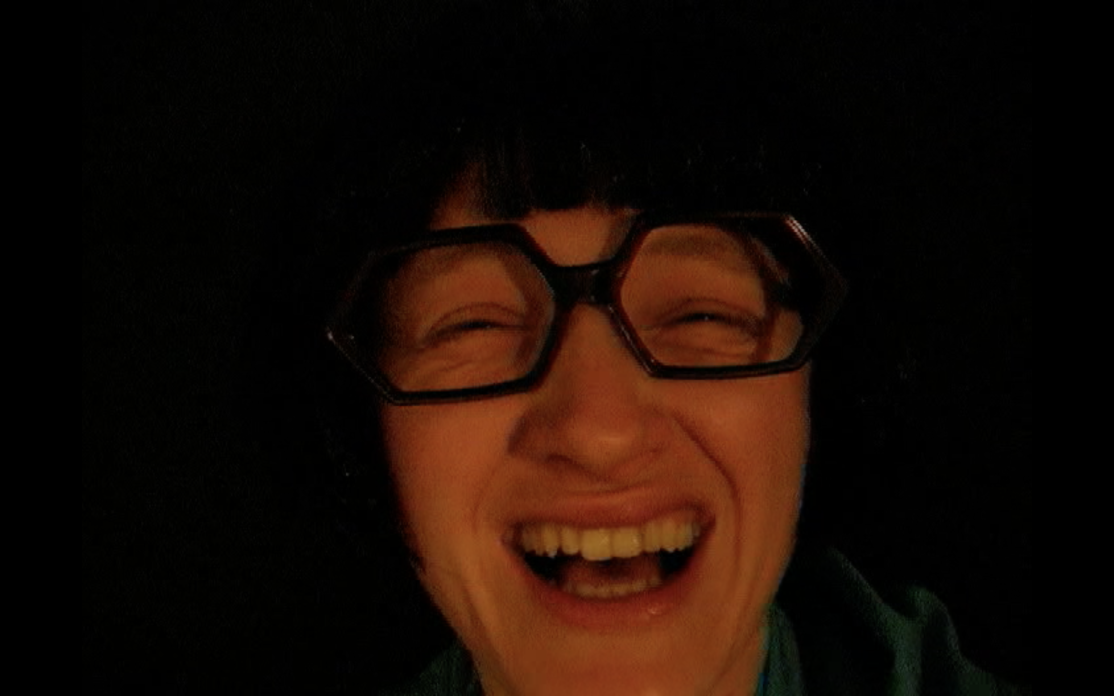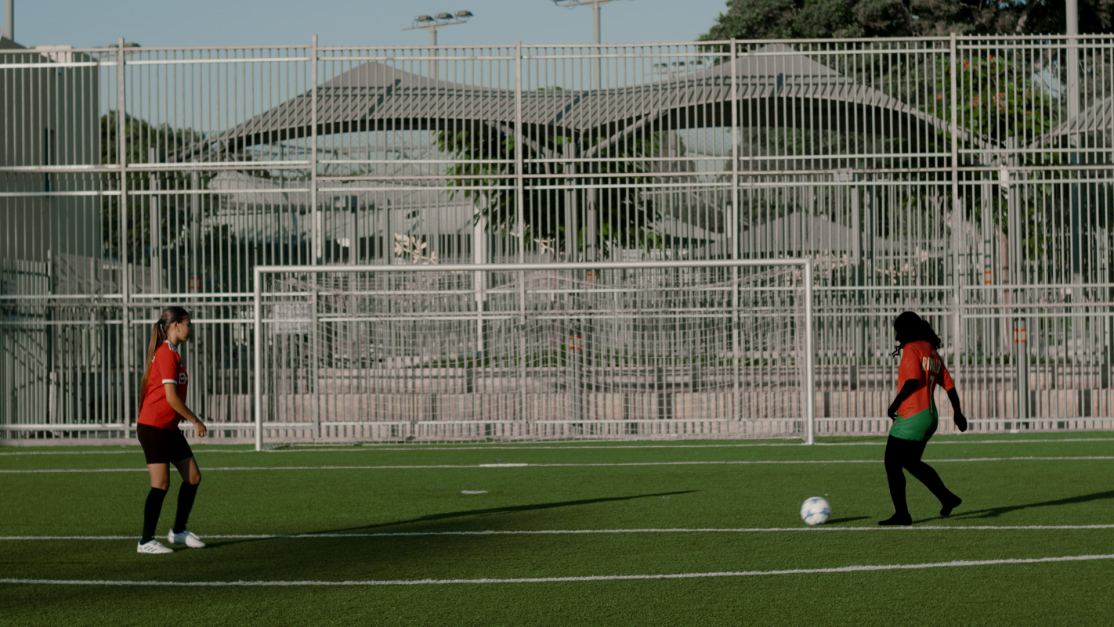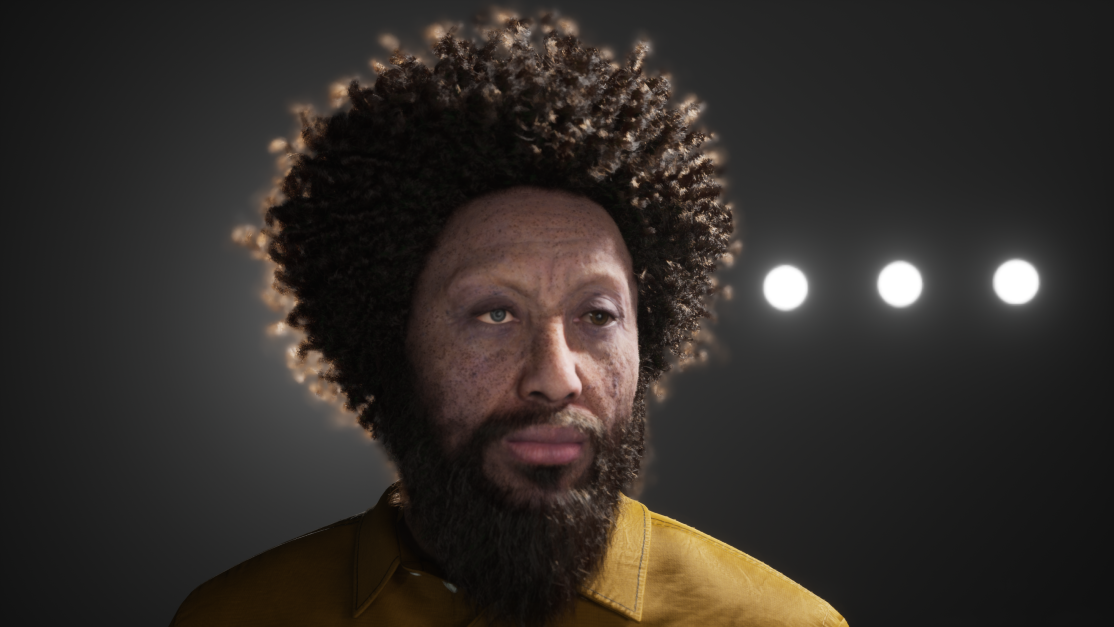The New Forms of the Self
Duration: 38 minutes
The shift in recent years from identity politics to new forms of subjectivity—shaped in part by algorithms and artificial intelligence—is the shared theme of the films in The New Forms of the Self. If, in the early 2000s, the art world embraced identity discourse, as seen in the tragicomic work of Tamy Ben-Tor, today artists are exploring how that discourse has bled into the world of apps, filters, and avatars, and how these technologies shape human dreams, desires, and fears.
Location
Artport, Tel Aviv + Ticho House, JerusalemDate
Thursday, 10.7.25Time
21:00
The End of Art
Tamy Ben-Tor
With minimal means—a wig, a distinct dialect, and sharp mannerisms—Tamy Ben-Tor becomes both artist and art critic to offer a cynical, incisive take on the dynamics and power structures of the art world. The title of the work alludes to Francis Fukuyama’s 1989 essay The End of History, hinting at parallels between systems of political control and the forces at play in contemporary art. In an age saturated with influencers, Ben-Tor calls attention to those who truly hold sway.
*Image: The Israel Museum, Jerusalem: Gift of Uzi Zucker and Rivka Saker, New York

The Jump
Yael Sloma
The Jump was filmed during a series of meetings between Yael Sloma and members of the all-girl “Bnot Jaffa” soccer team. It follows a 15-year-old girl from the Ajami neighborhood as she tries to imitate Cristiano Ronaldo’s goal celebrations. Her attempts repeatedly fail, but Sloma’s use of special effects allows the girl to overcome her physical limitations and also to transcend religious constraints that would have prevented her from appearing in the film. The artist becomes a mediator between the girl’s aspirations and the reality that holds her back—making her visible in a public space while culture and society would prefer that she remain unseen.
